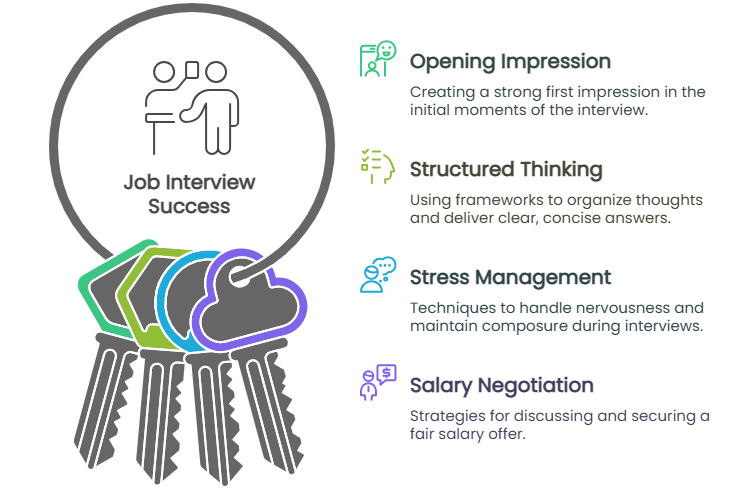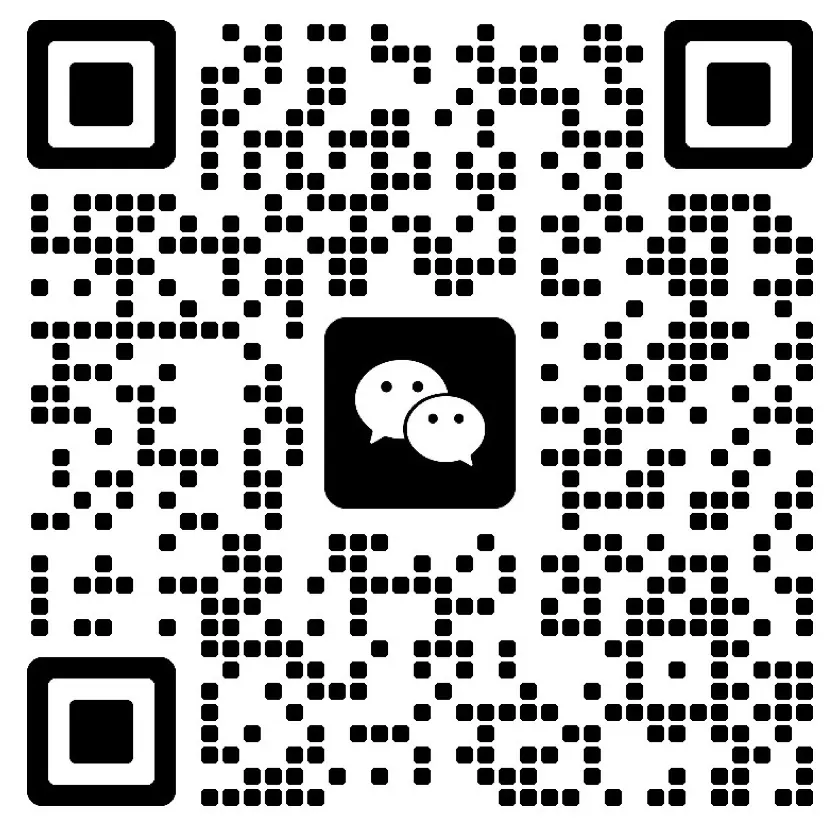People often cry hard when they think of their past interview experiences. That’s because most of us are clueless about the basic rules of interviews, especially those seeking jobs abroad. In 2021, it was reported that 22% of foreign-born men and 25% of foreign-born women in the EU had encountered difficulties in securing suitable employment. And those who get hired know how to ace a job interview.
You may find standard advice all across the internet on how to ace a job interview, but this won’t land you a job. You need to work with someone who understands the stakes. That’s where you can benefit from One Strategy Group‘s personalized, multi-dimensional, and practice-oriented career coaching services.
One Strategy Group (OSG) has helped students from all corners of the world to land their dream jobs. And you can be next on the list. So, in this article, we’ll not only uncover how to ace a job interview but will also learn different interview tactics to make you more confident and ready to land the job.
How to Prepare for Job Interviews?
Job interviews are sometimes weird. You might feel like the interviewers are judging and evaluating everything about you. But what most people don’t know is that interviewing is a skill that you can learn. This learning starts with good preparation. So, here is how to prepare for the job interview:
1. Understand the Target Company and Position
The first step in your preparation is research. It is recommended that you use the 3C Rule to get started:
- Company: You should start with learning and understanding the company’s mission, products, services, and leadership.
- Culture: Review their values and workplace culture. You can get help from sites like Glassdoor and LinkedIn to get employee insights.
- Competitors: When you know what sets this company apart in its industry, it’s a great plus. Industry news and reports can help you with
We also recommend that you explore a company’s official website, annual reports, and employee content on social media. It will give you an authentic understanding of what they’re looking for. If you know these things, it not only helps you answer questions better but also shows interviewers you’re genuinely invested.
2. Resume Building and Optimization
During the initial stages, HRs only know you by your resume. So, it has to make an excellent first impression. Our resume-building services are built around the STAR method (Situation, Task, Action, Result). We have designed it in a way that each experience you list tells a short but compelling story. We also provide industry-specific templates that are specifically customized to your target role and sector. Here’s a quick breakdown of the steps to write a resume that may be helpful to you:
| Step | Explanation |
| Module Division | Break down your resume into clear sections: Experience, Education, Skills, and Achievements. |
| Keyword Matching | Customize your resume with the job description by using role-specific keywords. |
| Data Visualization | Use numbers and measurable results to strengthen your accomplishments. For example, “Increased sales by 30% in 6 months”. |
| Visual Design | Create a clean and professional layout that’s easy to scan quickly. |
Learn more information on What Does A Great Resume Look Like?
3. Mock Interviews and Weakness Transformation
We often get asked: What are weaknesses in job interviews, and how will you handle them? Perhaps the 3R Model can be used to guide our interviewers:
- Recognize: Identify the weakness honestly.
- Reframe: Show how you’ve worked to overcome it.
- Redirect: Shift the focus toward your growth and resilience.
For example, if you’re nervous or lack experience, you can mention how you proactively sought internships or coaching. Mock interviews, which include role-playing and realistic questions, can help us get comfortable with high-stakes conversations.
Core Skills to Ace A Job Interview
When you are learning how to ace a job interview, you have to focus on these core skills. A great interview isn’t just about answers, but it is about connection, clarity, and confidence.
1. Opening: Build Trust in 20 Seconds
The beginning of your interview matters more than you think. You can use the 20-second Rule to make a strong impression. It is recommended to lead with a short and engaging self-introduction that includes
- Your name and background
- One strong and relevant accomplishment
- A link to the company’s values or goals (use the similarity strategy)
2. Structured Thinking: STAR, CAR, or PREP
Interviewers love structured answers. Practice using models like:
- STAR (Situation, Task, Action, Result)
- CAR (Challenge, Action, Result)
- PREP (Point, Reason, Example, Point)
These models can help you stay concise and focused under pressure.
3. How to Handle Stress Job Interviews
Nervousness is natural, but it shouldn’t decrease your performance. Here are our top tips:
- Pause before you answer to organize your thoughts first.
- Breathe deeply before entering the room or video call.
- Use positive visualization and picture yourself succeeding.
These techniques are part of our mock interview training, where we simulate high-pressure scenarios to build resilience.
4. Salary Negotiation Tips
Salary discussions can be a tricky part of the interview.
- Do your research and know your market value from platforms like Payscale and Glassdoor.
- You should not bring up salary too early. Let the interviewers make an offer.
- You’ll have to be confident and frame your expected range with evidence of your skills and experience.
FAQs About Job Interviews
1. How Long do Job Interviews Last?
Most of the time, the interviews last for 30 to 60 minutes. For executive-level roles, the process may involve multiple rounds and longer sessions. Timing also varies with the interview format, whether it’s on the phone, video, or in person.
2. What to Wear to a Job Interview?
We always recommend that you wear something that matches the vibe and culture of the company. For conservative industries like finance and law, you can wear formal business attire. For the creative tech sector or startup environments, business casual is acceptable.
3. What to Bring to a Job Interview?
You can carry these things with you to the interview:
- Multiple copies of your resume
- A portfolio (if relevant)
- A notepad and pen
- A list of questions to ask the interviewer
- A professional-looking bag or folder
4. How to Follow Up on a Job Interview?
You should send a thank-you email within 1–3 days. In it, you can mention one specific thing you appreciated about the conversation and show your interest in the role, but keep it concise. Our students often gain an edge with thoughtful follow-ups.
OSG’s Professional Career Consulting Services
One Strategy Group (OSG) is dedicated to helping students who aspire to develop their careers gain entry into the world’s most prestigious finance and consulting firms。
We work on every step of your job-hunting journey to help you win better opportunities. Our job interview coaching gives you a personalized plan depending on your background, goals, and the roles you are targeting. We provide you with:
- Tailored 1-on-1 coaching with experts from top finance and consulting firms
- Real-time mock interviews with feedback
- Resume reviews, salary guidance, and offer evaluation support
- Access to insider knowledge and decision-maker insights
With our multi-dimensional and practice-oriented approach, we’ve helped thousands of our students from top universities and Fortune 500 companies land their dream roles.
We know that interviews can be intimidating. But with the right preparation, mindset, and support, you’ll know how to ace a job interview in no time. And you can walk in with confidence and walk out with an offer.












